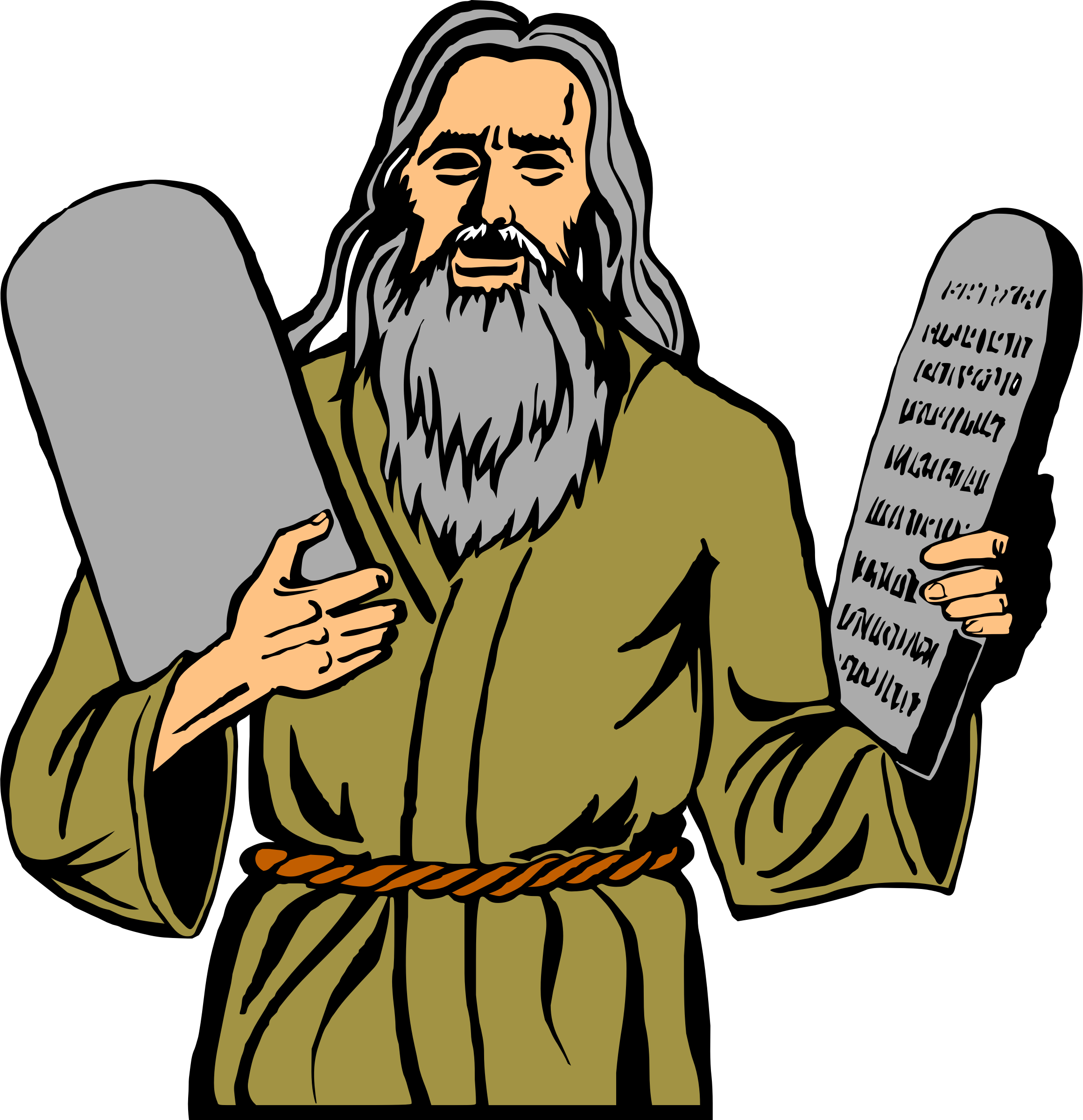Exodus 31:12-17 – Daily Bible Study
As I continue my posts on the Daily Bible Study readings for this week’s Sunday School lesson, I come to what may be, for many, a somewhat more troubling passage. It’s not that the passage mandates no work on the seventh day of the week, though that bothers some, but more that the penalty for violating this law is death.
This frequently brings on the standard Christian response, which is dismissal: This is from the Old Testament, so we don’t have to worry about it. The big problem with that is that, by incorporating themes from Hebrew scripture into the New Testament and by basing any number of beliefs on it, Christianity has accepted this as part of our history, and part of our scripture.
We face the fact that most of us work on the seventh day. Certainly by rabbinic definitions, but also by practically any definition, I have already worked on this seventh day. Some of the actions involved in posting this blog count as work. So I have violated a law from the scripture.
I grew up as a Seventh-day Adventist, so I have another perspective from which to look at this. I grew up refraining from work, as we defined it (which differed from rabbinic definitions). Some Seventh-day Adventists have told me they believe I left the church because I didn’t like the Sabbath. This is quite incorrect. The Sabbath is one of the things I miss about the Seventh-day Adventist community. I don’t actually believe this is a command applying to Christians, so I do not feel obligated, but there was a great value in the obligation to rest at specific times.
I believe the New Testament view would make all time sacred to God and all time to be used by the guidance of the Holy Spirit. I see a violation in failing to take the appropriate rest, not in the keeping of a specific day. This is because there has been a revolutionary shift brought on by the death and resurrection of Jesus. But this is not my primary topic.
The focus of this statement of the Sabbath command is on God as the creator. This is quite frequently the case, such as in Genesis 2:1-4a and the Sabbath command in the Ten Commandments. The rest is tied to the creator. The authority for the rest is tied to creative activity. This is a theme repeated from most of our scriptures this week. God, as creator, asserts God’s power as legislator.
In Israel, this law was particularly tied to idolatry, which, as we have seen in other scriptures this week, is a fundamental sin. The most attractive form of the temptation to idolatry is the temptation to attribute divinity to what is created. The sun, for example was seen in much of the ancient near east as the god of justice. This is why Psalm 19 asserts God’s authority over justice, and his creative and controlling power over the sun itself.
I could discuss the nature of and use of the death penalty, but I’m going to avoid that on this occasion, except in the sense that it emphasizes the importance of the command in question. Idolatry separates one from God in a way that nothing else can. Nothing else can do so — logically — because all the other ways we might think of separating ourselves from God turn out to involve idolatry.
When, for example, I do not rest as God would direct, and do not maintain my health, I am putting my own labor above God. This is a form of idolatry. I am more concerned with my own activities than I am with that Ultimate Concern.
Thus the Sabbath command was very much central for Israel, and the thing to which it points—constantly reminding ourselves that God is Creator and the true Ultimate Concern, remains central for us.
